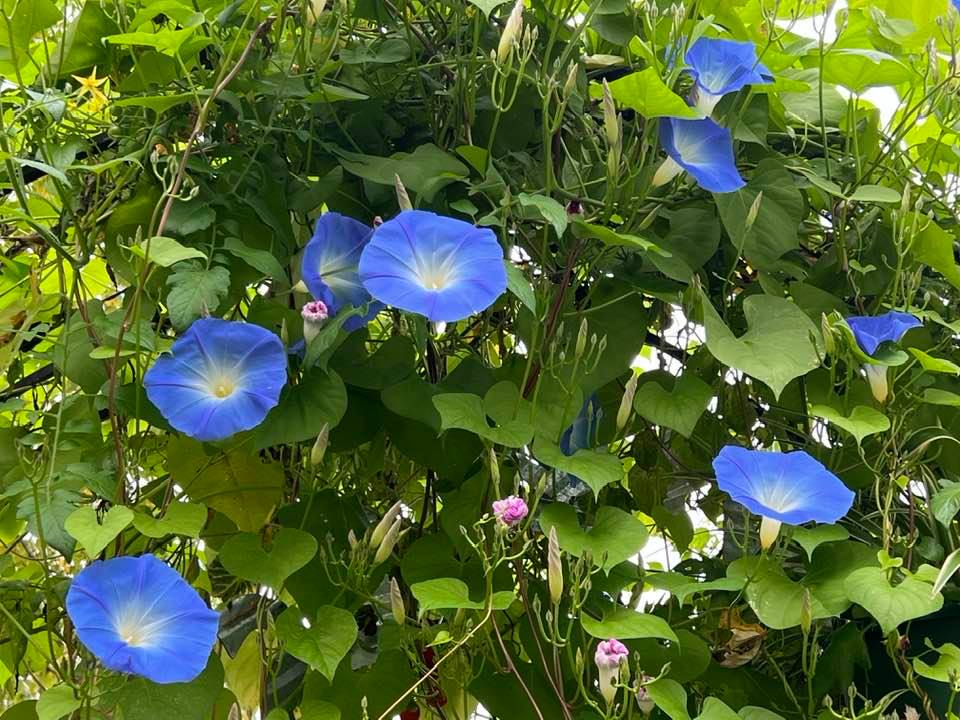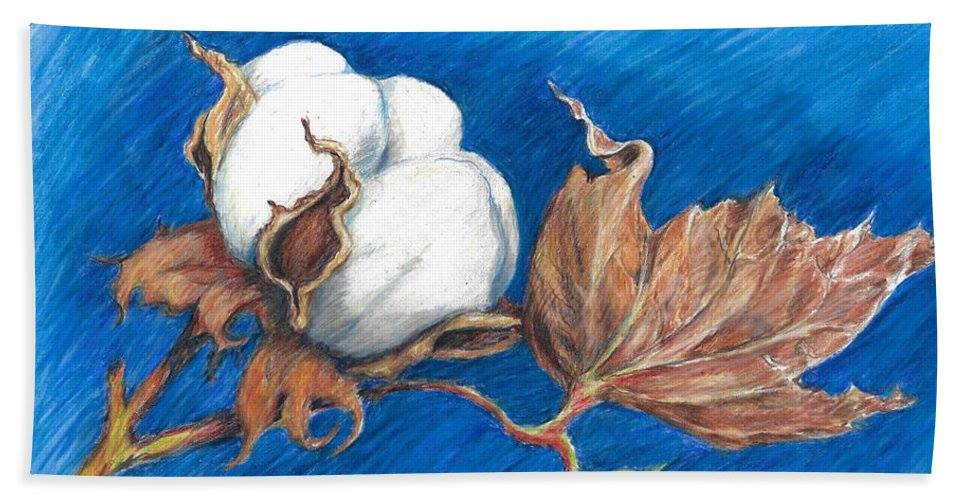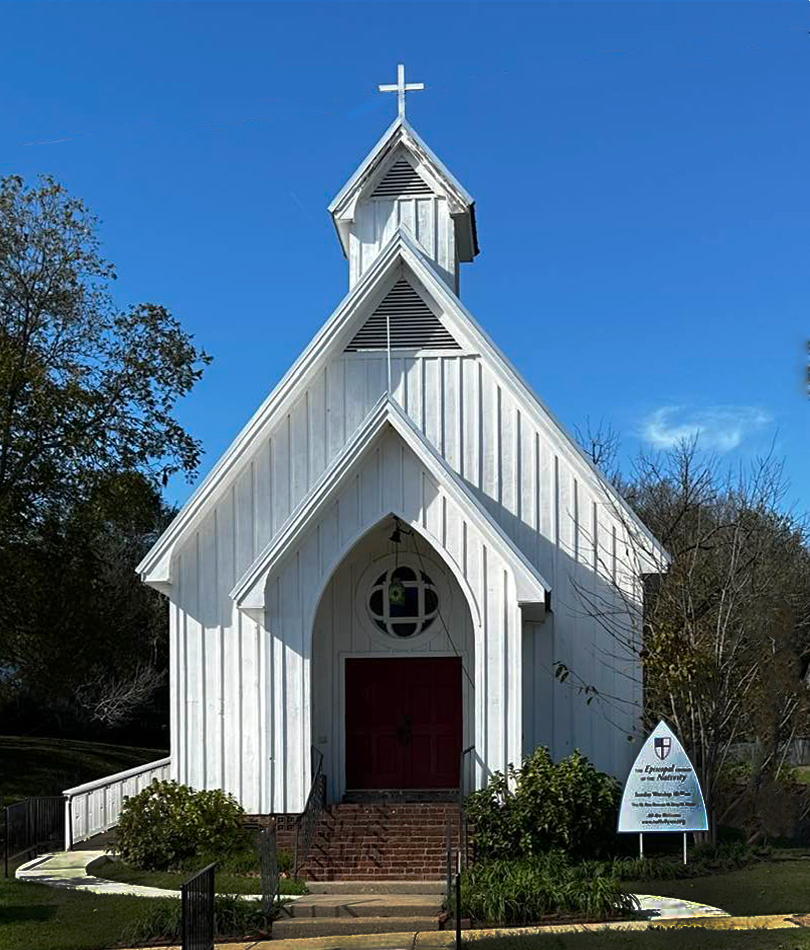On Mondays, I like to create a special post about writing a memoir. I call those posts #MemoirMondays. My goal for today is to explain that a memoir must be truthful– But it should not be a harsh account of reality. That is one of the differences between writing for an encyclopedia and writing a memoir. A good memoir is wrapped in the magical words that match a person’s life.
“Like any child, I slid into myself perfectly fitted, as a diver meets her reflection in a pool. Her fingertips enter the fingertips on the water, her wrists slide up her arms. The diver wraps herself in her reflection wholly, sealing it at the toes, and wears it as she climbs rising from the pool, and ever after.”
― An American Childhood“You’ve got to jump off cliffs all the time and build your wings on the way down.”
―
And there it is, folks: Good memoir writing is a twinkling of a bell and not the sound of a dull, hard-hit gong.
In other words: A good memoir should breathe from the lips of a poet or a songwriter. Poets and songwriters are magical thinkers.
Memoir Writers Must Be Aware of the Lines Between Truth and Reality
I am a magical thinker. On Silver Sheets I Sail:

On Silver Sheets, I Sail
by Jacki KellumJust before I open my eyes,
I float along the misty skies.
I reach, I feel the soft, white hair
And fairy wings that flutter there,
I listen. I hear the slumber song:
The angel band that plays along.
My dreams are in my pillow-pail.
On Silver Sheets, I Sail.
Here’s another excerpt of a verse I wrote after awakening from a nap. I was telling how my writing ideas often come to me while I sleep:
Visions of sugarplums visited me
Moonbeams and crystal shards lit up the sea
Soft webs and angel hair strung from a flea
Toy-tugged my leaf-boat along.Copyright Jacki Kellum October 11, 2015
I am an avid gardener, and here is a verse I wrote about the morning glories that I grow:

Morning Glories
by Jacki KellumBright, blue bugles
Blow bonny bubbles,
Into morning moonlight,
Just at dawn.
I won’t go into all the reasons that what I’ve said about morning glories is truthful, but my version of that truth is kissed by the fae breath that toy-tugs my leaf-boat along. It is not something I would write for a botanical journal. The words are more mythological than encyclopedic. But my writer’s voice IS mythical.
By my very nature, I see life mythically–but I do know [sometimes after a jolt of reality] the difference between myth and brutal truth.
Last night, I talked to one of my friends about a child’s birthday party she had attended. A petting zoo was there. That conversation evoked memories of when I had a little farm about 100 miles south of where I currently live. That farm was my petting zoo experiment. It was an effort to leap into one of my personal myths.
My friend and I talked about which of the animals at the petting zoo birthday party was her favorite, and she said the pig stole her heart. She began to explain that her husband had wanted to buy a pig for their little farm, but that she had squelched that idea. She noted that owning a pig would add an abundance of caregiving tasks to their already harried lives, and she added that she would worry that the pig would be too cold during the winter. I told her that she was a realist and that unlike her, I am a more mythological thinker. I leap into things that suit my myths at the time, and I deal with the consequences later. I added that I would have brought that pig inside–I would have learned later why that would not have worked.
My little farm was a response to a mythological yearning. We had horses, and the view from my window was that of frolicking mares, kicking up their heels Their tails rippled behind them, and all was well with my soul until a heavy freeze fell upon my farm. All the bare branches were coated in thick layers of ice. My farm looked like a winter fairy wonderland, but reality soon burst that bubble. At feeding time, the horses were somewhere in the back of my land, acres of frozen hills away. I put on my hat and coat and began my slippery trek to find my horses, but I fell to the ground and slid most of the way there.
You see, I barely had enough money to buy the farm, and there was only a hint of a barn there–one that had survived from years past. I should have waited to buy my horses until after I had fixed the barn, but my myth did not work in that order. My myth demanded the instant gratification of the view of the frolicking horses. Throw caution to the wind and Betty bar the door. I would have those horses or else. I suffered the consequence of no barn later.
As I said, my farm was a lesson in myth-busting, We owned a farm, and I wanted my city-slicking children to join the FFA–the Future Farmers of America, and “they?” needed a farm animal to raise and to show at the state fair. I decided that they would raise sheep. You can immediately see the lack of logic in that plan. My kids did not want to be farmers. They did not want to raise “our” sheep, but they indulged me for a while.
My county agent hooked me up with a place to buy the sheep, but we needed to go pick them up. In my mind, lambs would be tiny and cuddly animals that my children could wrap in blankets and hold on the ride home. We loaded our baby blankets and hopped into our Volvo, and I drove about an hour to find the sheep farm. But when we arrived, “our” lambs were as large as calves. The farmer said, “How you gonna haul them?” Naturally, my budget had not allowed me to buy a trailer. And that dip into reality spun itself into a briar patch. Months later, I begged someone to take our pedigreed lambs that had cost me one of my last dimes.
Here is another tale from the tome of my mythic adventures [or misadventures]:
One of my reasons for moving back to Mississippi was that I felt an urgency to find an old country church at the end of a long, gravel road somewhere near the outskirts of Oxford, the town where the University of Mississippi is planted. The University of Mississippi is called Ole Miss, and those words are the tip of another iceberg of magical thinking. One of my college friends called the school “Ole Myth.”
You see, although I have been a Mississippian most of my life. I grew up with a different mythology than that of Mississippians. My stories are boiled in another pot. My hometown was in Missouri–just up the Mississippi River from Memphis, TN, which is just above the University of Mississippi. The big [and wealthy] cotton farmers where I lived in Missouri were called “farmers.” [No magical thinking in that bunch of sod diggers.] In Mississippi, the big cotton farmers are called “planters.” Are you beginning to get my drift about mythological thinking? 
Cotton Pickin Blues – Jacki Kellum Drawing in Colored Pencil
When I was a child, I picked cotton. Cotton was all around my home. But when I went to college at Ole Myth, I quickly realized that “ladies” don’t pick cotton in Mississippi, and that is when I began singing The Cotton Pickin Blues. Here’s the beginning of that song [actually, it is part of a picture book]:
Excerpt from Cotton Pickin Blues
by Jacki KellumThere’s a brief, enchanted moment,
As the moonlight turns to day.
When the bullfrogs hoop and holler,
And the gator lets them play.And somewhere near that river,
Where the cotton plants grow tall,
My mama hollers, “Cotton Time.”
It’s Cotton-Pickin Fall.”
I quit telling my cotton-pickin stories when I moved to Mississippi, but somewhere deep inside me, those stories kept churning,
While I was at Ole Miss, I found an old country church near Oxford, and I often retreated there during my college days. Periodically, I needed to escape the myth. Don’t get me wrong: I didn’t go inside the church. I would go out to that church site during the week when no church members were there. I drive out there to simply sit in the shade of that sweet, old church and begin to heal.
When I arrived on campus for my freshman year, I quickly figured out what the Mississippians could tolerate of my unMississippian behaviors, and “I buffeted myself daily” [quoting Paul in the Bible], trying to stay in line.
Recently, something whispered Mississippi to me again, and once more, I moved to this state. As usual, I moved at the whim of magical thinking.
But soon after I got here, I realized my mistake, and I began looking again for that old country church near Oxford–a place where I felt that I might be cradled. A for-life and for-sure Mississippian helped me in my quest to find the church of my myth. Like Thelma and Louise, we went on a quest and scoured the countryside. She carried me to numerous precious, old country churches, but they were not perfect for my myth, which is rooted in these words:
“Here is the Church
Here is its Steeple.”
Over and over, I would tell my friend, “But this church doesn’t have a steeple.”
Soon, my driver gave up on me, and I launched myself into a fury of gardening. If I couldn’t find my country haven, I’d create it in my backyard.
But my garden only sheltered me while I was standing in it. If I ventured into the public, the haunting myths were still there–all around me–threatening to gobble me alive.
There is another part to the little poem I started above:
“Here is the Church
Here is its Steeple.
Open the doors,
And here are the people.”
It had seemed apparent to me that “My People” simply did not exist where I was living.
For a brief moment, I “picked up my bed” and ventured to a local eatery, and the proprietor said: “Where have you been? I haven’t seen you for months, Have you been ill?”
I responded, “Yes, but not in the way that you mean.” I explained, and I added the words: “But that is over–I’ve decided to take action. I plan to leave this town.”
She responded “Oh, No! You just haven’t found your people.”
I answered: “That is an understatement.”
At the end of that conversation, she pleaded with me to come and meet the people in her church:

Now, I’m celebrating Sundays at the Church of the Nativity, which is only a few blocks from where I live:
“Here is the Church
Here is its Steeple.
Open the doors,
And here are the people.”
__________________________________________________

It is another Monday–another #MemoirMonday, and here is what I’d like to say to people writing a memoir:
Yes, a memoir must be truthful, but it does not need to be a glaring reflection of reality. In my opinion, the best memoir writers weave their stories with magical threads. Finally, don’t overlook the magic that is just down the block from you. Magic does not always happen in a faraway land. Sometimes Magic is right next door. The church that I was seeking was only a few blocks from my house, and it was established in 1869–long before I realized that I needed it–long before it would become part of my story.
This reminds me of something I once read: “Long before the was a Zaccheus, God built that little man a tree,”
Discover more from Jacki Kellum
Subscribe to get the latest posts sent to your email.